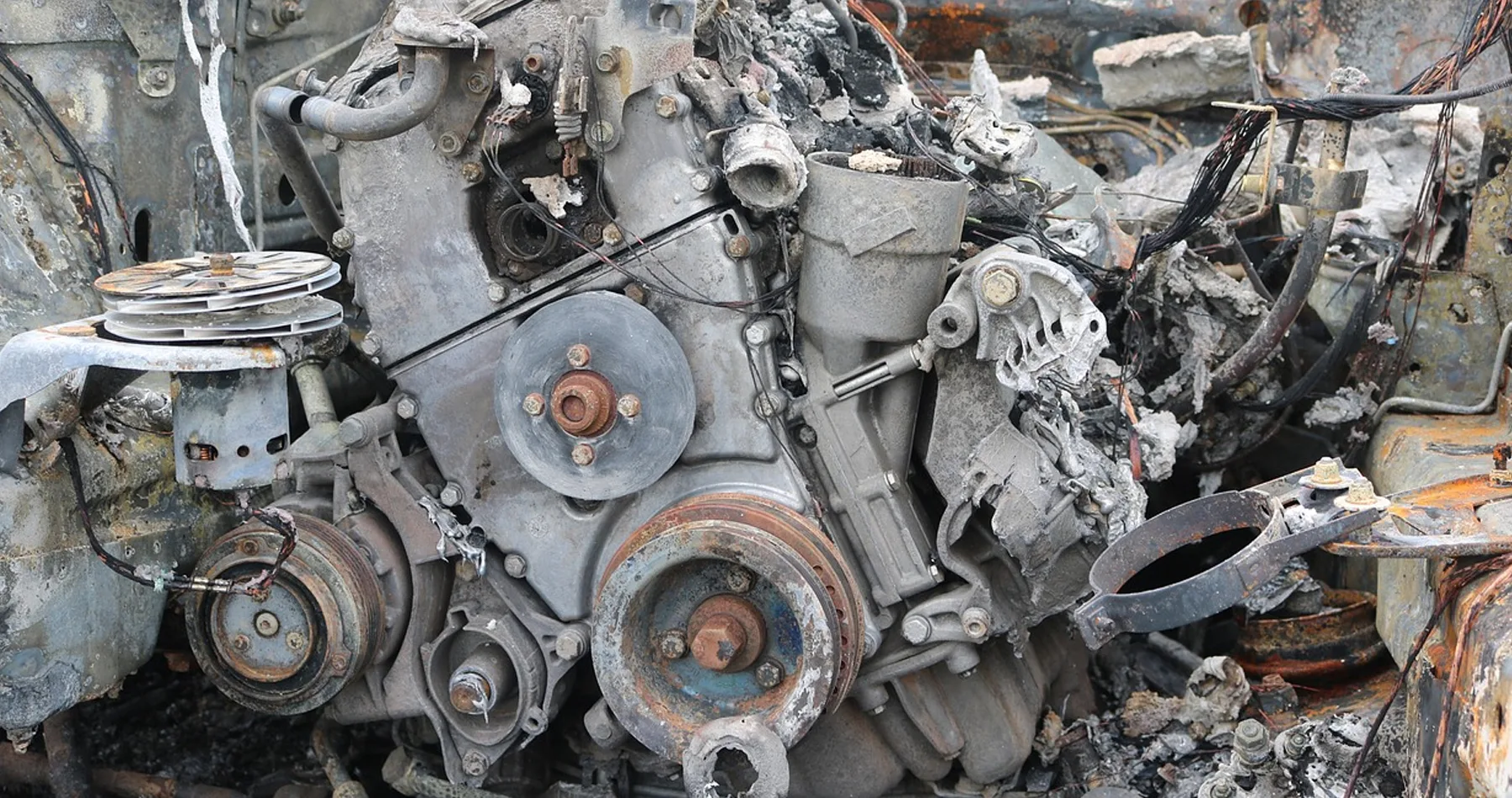Introduction:
Despite being criticized for their emissions, diesel cars continue to captivate the hearts of many car enthusiasts due to their distinct driving experience and impressive mileage. While maintaining diesel vehicles can be more difficult, following proper driving and maintenance practices can ensure they perform efficiently and last. This article will go over important tips for driving and maintaining diesel vehicles in order to improve their performance and longevity.
How to take care of a Diesel Car- Tips
1. Refuel Before Low Fuel:
Driving with low fuel levels is hazardous, regardless of whether the vehicle is gasoline or diesel. Fuel acts as a lubricant for critical engine components in diesel engines. Running out of fuel can cause the fuel pump to draw in air, increasing friction and potentially damaging the engine. Furthermore, debris from the tank’s bottom can be sucked into the engine. Refilling the tank on a regular basis helps to maintain proper lubrication and prevent damage.
2. Allow Engine Warm-Up:
Allow a diesel engine to warm up for a few seconds before revving it. Because of the thicker oil consistency, cold revving immediately after ignition can result in inadequate lubrication. This can result in premature wear and tear on critical components such as pistons, valves, and cylinders. Allowing the engine to warm up ensures smoother operation and reduces engine stress.
3. Avoid Lugging in High Gears:
Lugging is the practice of driving in high gear at low RPMs, which can put a strain on the engine and transmission. This practice puts undue strain on the engine, resulting in premature wear of critical parts. Always drive within the recommended RPM range specified by the manufacturer for each gear to ensure optimal performance and longevity.
4. Maintain the Diesel Particulate Filter (DPF):
The Diesel Particulate Filter (DPF) is an important component in diesel vehicles that aids in the reduction of harmful emissions. Cleaning the DPF after each service is critical because deposits can accumulate over time. Failure to maintain the DPF can have an impact on the vehicle’s power, performance, and fuel efficiency. Regular cleaning ensures that the DPF functions properly and helps to reduce emissions.
5. Monitor Exhaust Emissions:
While some smoke from the exhaust is normal in cold weather, continuous black smoke emission is cause for concern. Black smoke indicates engine problems that must be addressed. Prolonged black smoke emissions can cause serious engine problems. Keep an eye on the color and consistency of exhaust emissions to detect potential engine problems early on.
Conclusion:
Diesel cars have a distinct charm that appeals to many drivers due to their high mileage and distinct driving dynamics. To reap the benefits of diesel engines while ensuring optimal performance and longevity, proper care and maintenance are required. Diesel car enthusiasts can enjoy a fulfilling and hassle-free driving experience for years to come by following practices such as timely refueling, allowing warm-up periods, avoiding lugging, maintaining the DPF, and monitoring exhaust emissions.
